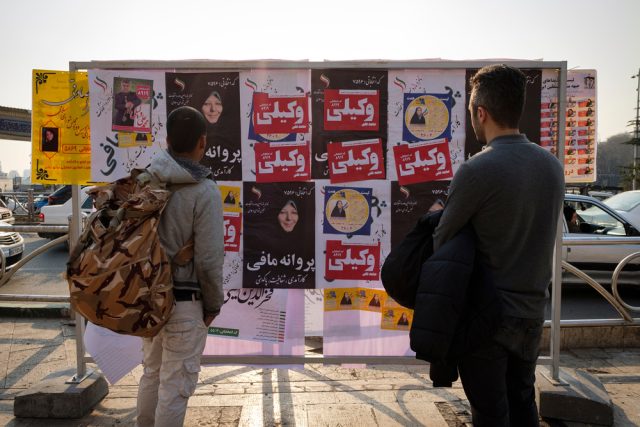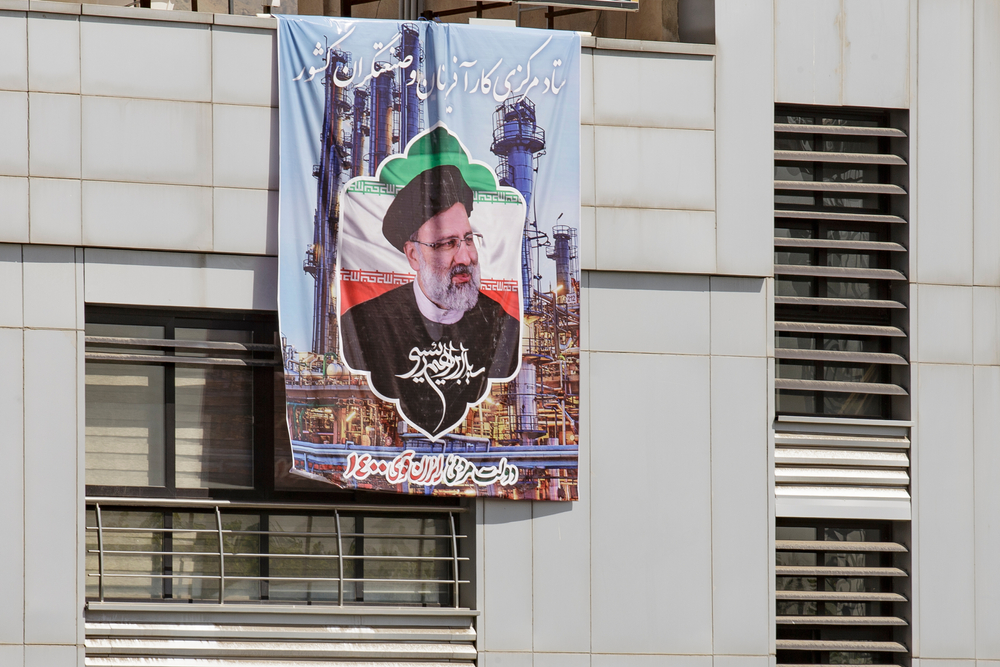
Iran Returns to the Vote: Presidential Elections After Raisi’s Death.
The presidential election in Iran is a major event that reflects the intersection of domestic politics, social unrest, and international relations. The election, which took place on June 28, was marked by a series of dramatic events, including the death of former President Ebrahim Raisi in a helicopter crash on May 19.
The Guardian Council approved six candidates for the election, including three radicals, two conservatives, and one reformist. This selection process has raised concerns about the competitiveness and legitimacy of the election. The political environment in Iran has been characterized by years of unrest and dissatisfaction among the population, discontent that surfaced during the 2021 presidential election, which saw a significant drop in voter turnout, attributed to widespread disillusionment with the regime and its handling of key issues such as the economy and civil liberties.
 The Iranian economy took center stage in the recent elections, with the country grappling with the harsh aftermath of the COVID-19 pandemic. Spiraling inflation and mounting unemployment have pushed the nation into a distressed state. This economic turmoil has stoked social upheaval, sparking demonstrations against grievances like surging fuel costs and governmental impropriety. The authorities’ forceful crackdown on these protests has only deepened the divide with the populace, prompting pleas from multiple civil society organizations to shun the electoral process.
The Iranian economy took center stage in the recent elections, with the country grappling with the harsh aftermath of the COVID-19 pandemic. Spiraling inflation and mounting unemployment have pushed the nation into a distressed state. This economic turmoil has stoked social upheaval, sparking demonstrations against grievances like surging fuel costs and governmental impropriety. The authorities’ forceful crackdown on these protests has only deepened the divide with the populace, prompting pleas from multiple civil society organizations to shun the electoral process.
Despite calls for a boycott, some reformist factions have continued to advocate for participation in the elections, stressing the importance of working to achieve reforms, albeit gradual ones, within the system. The elections, held on June 28 and July 5, marked a significant turning point in the country’s political landscape: in the first round of voting, Masoud Pezeshkian emerged as the frontrunner, winning 44 percent of the vote, while Saeed Jalili followed closely behind with 40 percent.
The low turnout, at around 39.93 percent, was the lowest in the history of presidential elections in Iran, reflecting the public’s skepticism towards the electoral process. The second round of the July 5 election saw Pezeshkian face Jalili in a runoff, where Pezeshkian won a landslide with 54.8 percent of the vote. This result was notable not only for its implications for domestic politics but also for its potential to reshape Iran’s international relations, particularly with the West.
The new President, among the main lines of his program, has underlined the importance of opening a dialogue with Washington, always an enemy of Iran, regarding the Iranian nuclear program, and with the European Union to get the State out of its condition of “isolation”. Of social importance instead is the issue of the veil for women that the President has promised to clarify and resolve especially given the consequences that the terrible episode of Mahsa Amini has caused, not least the birth of the vast protest movement that has shaken the country since 2022.
The neighboring states have responded positively to the counts, above all Azerbaijan (close to the Turkish positions) whose president Ilham Aliyev has expressed the desire to make bilateral agreements with Iran, while among the world superpowers, Russia sees in Pezeshkian’s victory the continued alignment between the two nations, especially in their shared interests against Western influence.
In contrast, the United States has been skeptical, seeing the Guardian Council’s control as potentially illegitimate.
The 2024 Iranian presidential election has broadly underscored the tensions within Iranian society and the complexities of its political system: Masoud Pezeshkian’s victory offers a glimmer of hope for reformists and those advocating change, but the path ahead remains fraught with challenges. As Iran moves forward, the new administration will need to demonstrate its commitment to addressing the needs and aspirations of its people while navigating the intricate power dynamics within the Islamic Republic.



 Subscribe
Subscribe